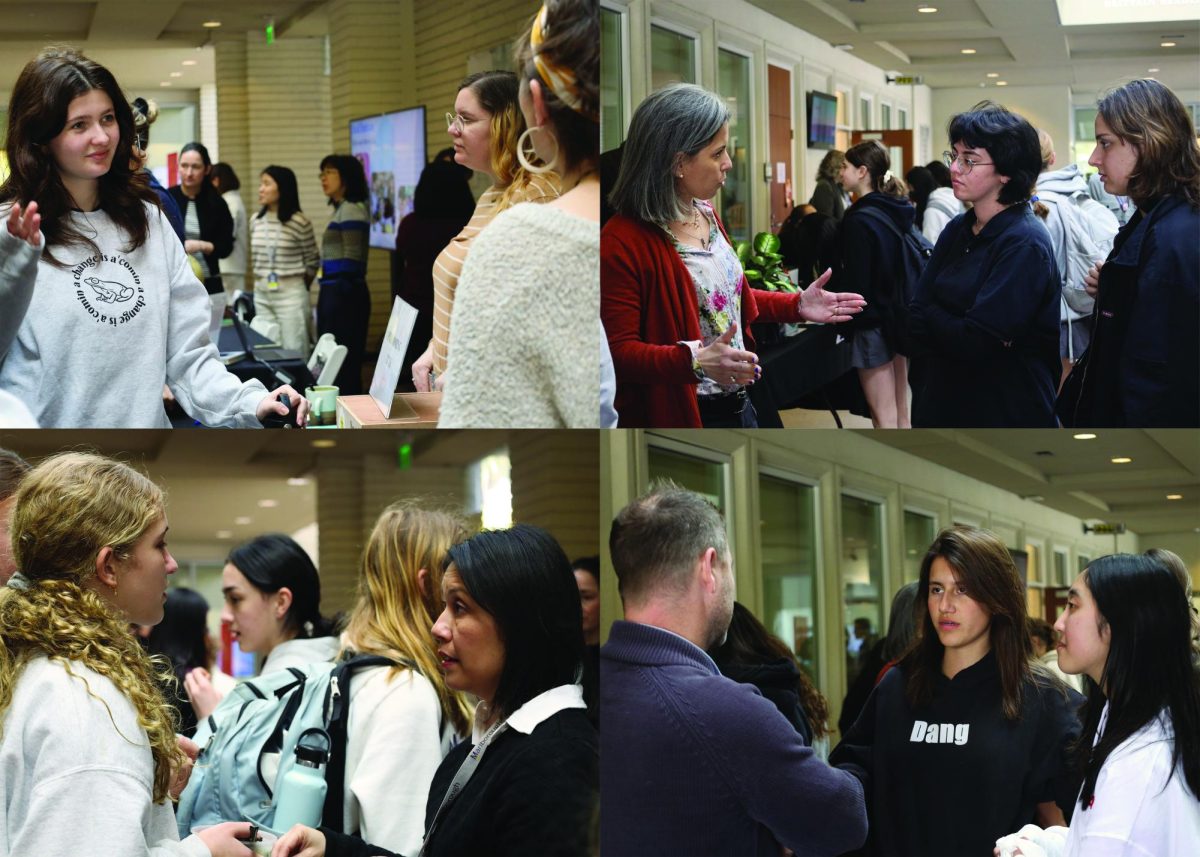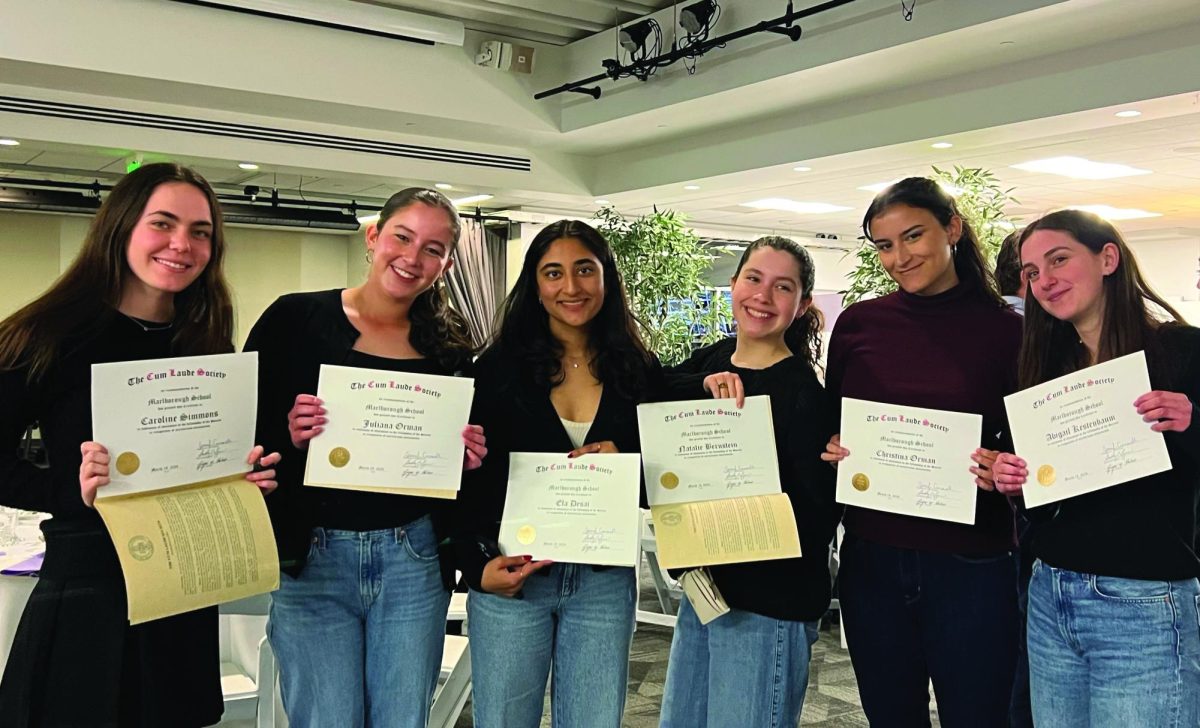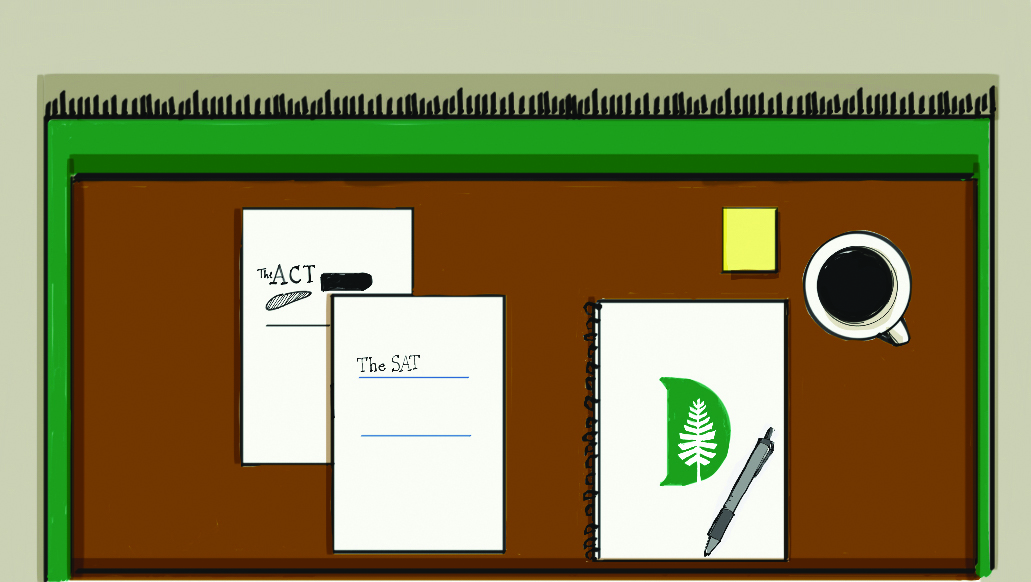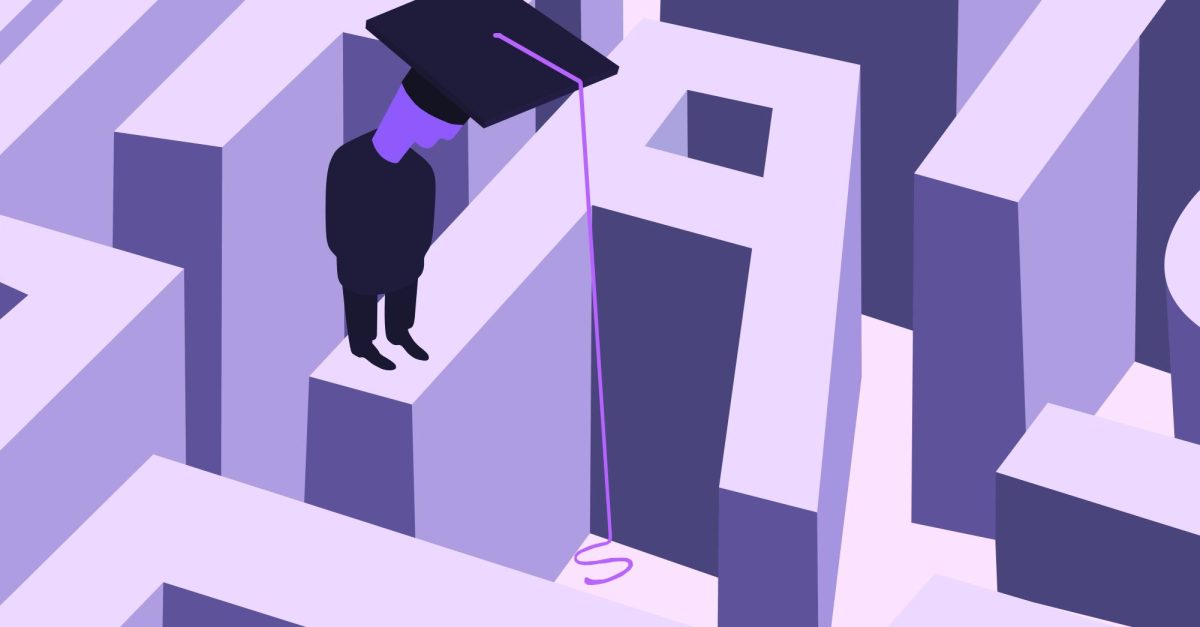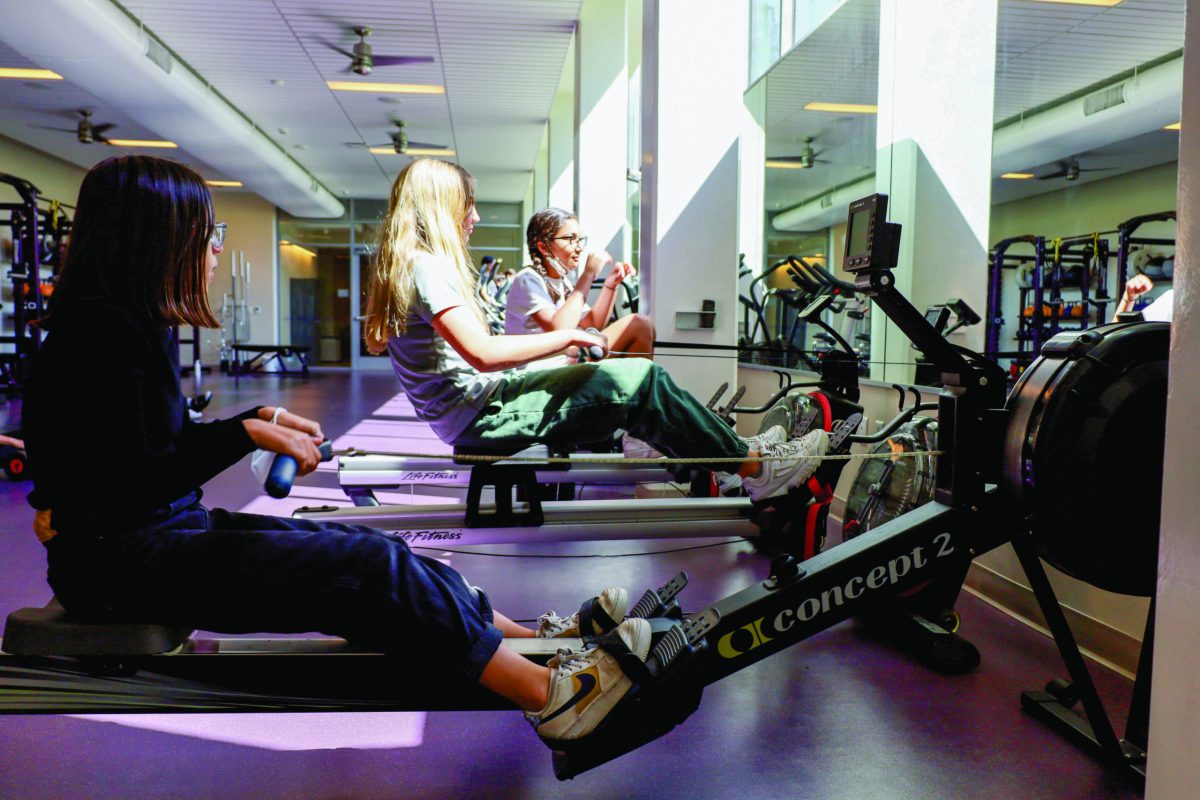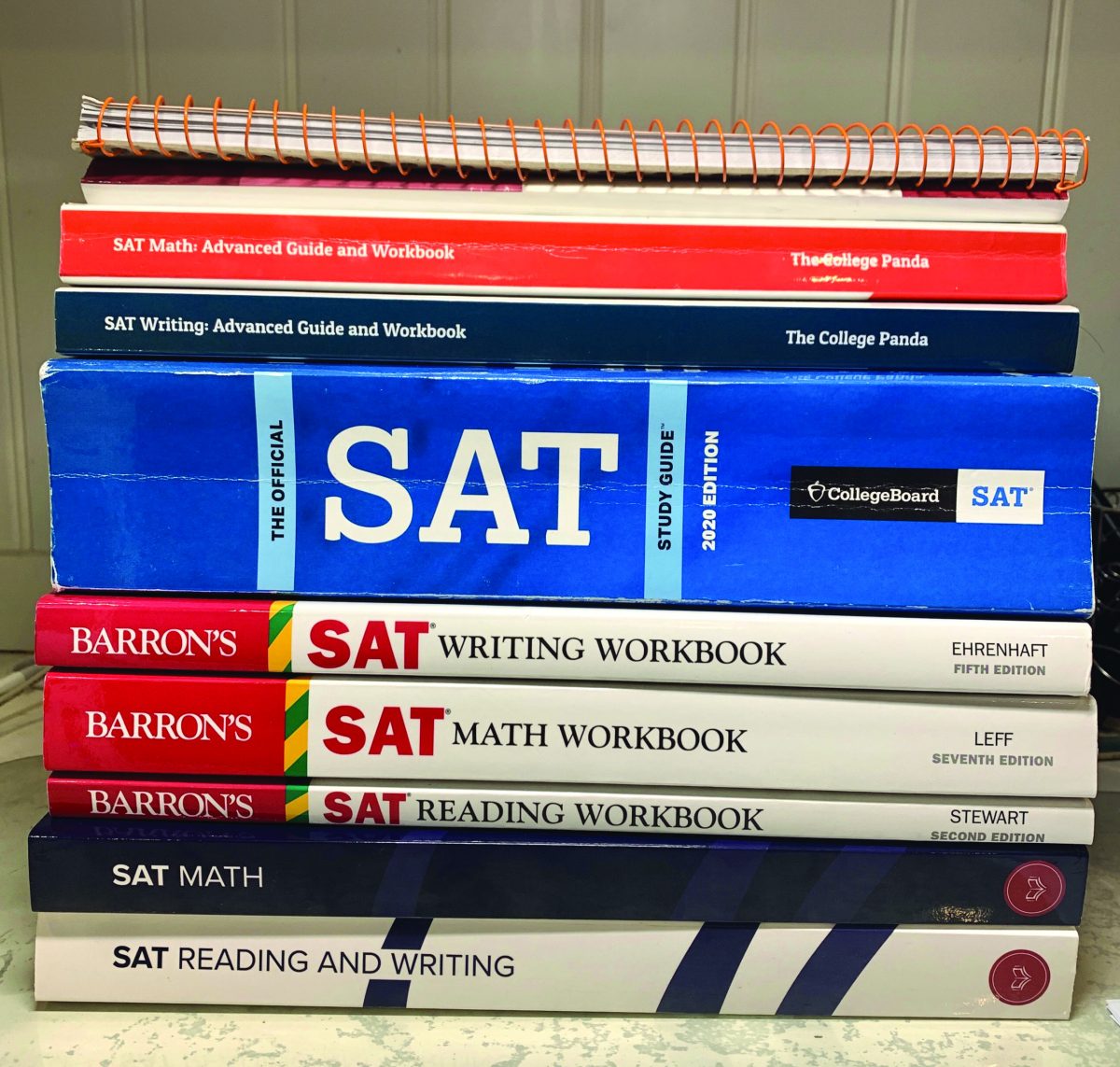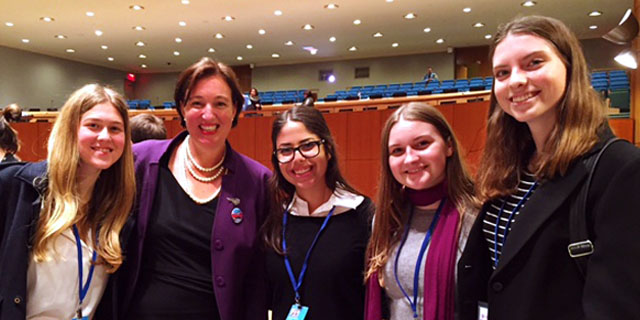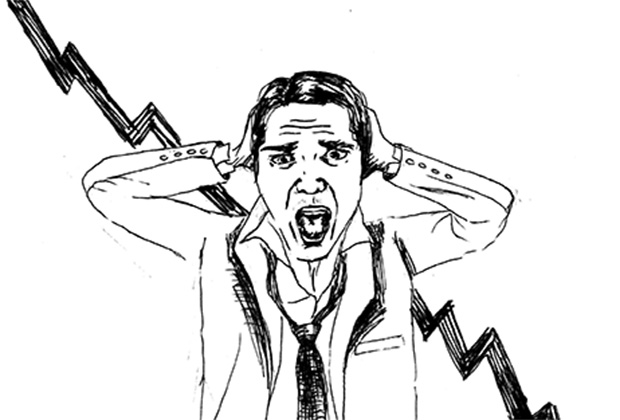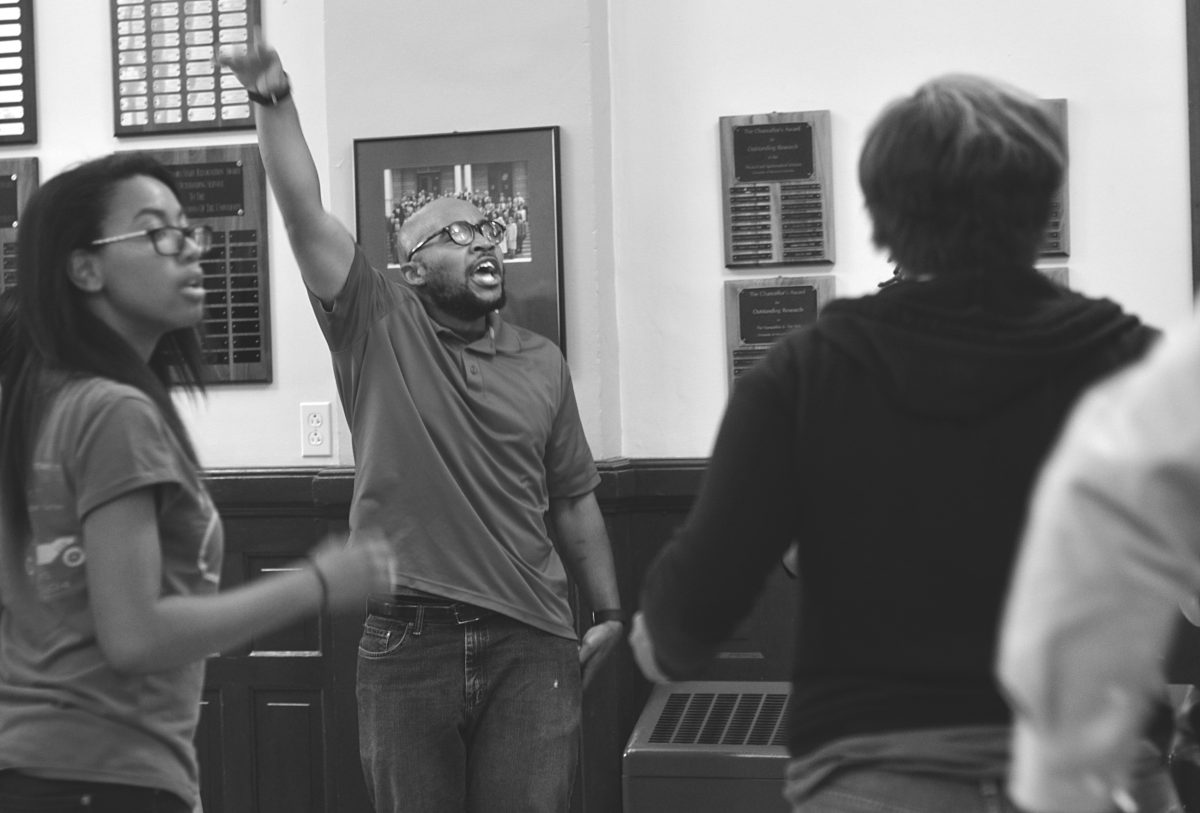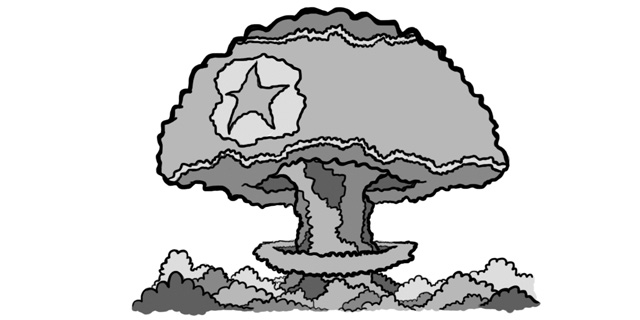
On the night of Friday Nov. 13, terrorists who have since been identified as members of the Islamic State, or Daesh, committed a series of six coordinated shootings and bombings in Paris, France. As of Nov.18, 129 casualties have been confirmed, and over 300 victims sustained serious injuries. Five of the attacks were concentrated in the 10th and 11th arrondissements, which are known as being young, hip, and trendy.
The sixth occurred at 9:20 at the Stade de France stadium, during a soccer match between France and Germany. France’s President, François Hollande, was evacuated from the game, though players and other spectators were oblivious to the attack.
At 9:25 two masked gunmen armed with Kalashnikov rifles fired into two restaurants, Le Carillon Le Petit Camboge, seriously wounding 10 diners.
Merely five minutes later a second suicide bomb was detonated at the Stade de France, followed closely by another shooting, this time at the A La Bonne Biére bar in the 11th arrondissement. 5 died and 8 were wounded.
At 9:36 another restaurant, La Belle Equipe, was attacked, leaving 19 dead and 9 seriously injured.
Four minutes later a third bomb was detonated, this time inside yet another restaurant, the Comptoir Voltaire. One person was seriously injured.
At the same time three attackers entered the Bataclan concert hall, opening fire at the crowd attending a concert by the Eagles of Death Metal, an American rock band. 89 people were killed, in what one survivor described to CNN as a “bloodbath”. The attackers rounded up the audience members who has survived the initial attack but hadn’t escaped, holding the hostage for almost three hours.
A final suicide bomb exploded at 9:53, but neither killed nor injured anyone save the bomber himself.
A police raid at 12:20 was successful in killing the three terrorists responsible for the Bataclan attacks. Surviving hostages and fifteen concert-goers who had managed to hide in a backroom were released at this time. In the days following the attacks Hollande declared a national state of emergency. This action allows the government to close France’s borders, strip convicted terrorists of citizenship and increase surveillance and intelligence gathering techniques.
Following a police raid in the Saint-Denis area of Paris that resulted in the death of ring-leader Abdelhamid Abaaoud, other members of Daesh responsible for planning and executing the attacks on Nov. 13 were tracked to Sint-Jans-Molenbeek, a municipality near Brussels, Belgium. On Nov. 19 Brussels police conducted a raid on a Molenbeek house. Two died in the raid, including a woman who killed herself using an explosive belt similar to those used by the suicide bombers at the Stade de France. Eight others were arrested. According to CNN, international authorities are still searching for two suspects in the attacks. On Saturday Nov. 21, officials in Brussels declared a state of “high alert” following the gathering of intelligence indicating plans for an imminent attack on the city.
Politicians in the United States have responded to the Paris attacks by advocating for the reexamination of immigration policies regarding Syrian and Iraqi refugees. On Thursday Nov. 19 the Republican dominated House of Representatives passed a bill which would temporarily halt the flow of Iraqi and Syrian refugees into the U.S.. President Barack Obama has vowed to veto the bill, if it passes the senate.
Social media has played an important role in French and international responses to the attack. Madison Wells ‘16 reached out to friends whom she knew were in Paris or who had friends or family in Paris via Facebook Messenger because her phone does not text internationally.
“One of my friends who is French was pretty shaken up, but everyone else was okay” she said.
World language instructor Elizabeth Vitanza e-mailed friends who live in the 10th and 11th arrondissements, and received responses confirming their safety within an hour.
Facebook users across the world have changed their profile pictures to include a temporary French flag filter showing solidarity with and support to victims, their families, and the city as a whole. The social media site debuted a ‘safety check’ feature in 2014, which prompts users near disaster sites to mark themselves as safe, designations which their facebook friends can see with a few clicks and searches. Facebook activated the feature following the attacks on Paris, for only the fifth time since their unveiling. The four previous activations have all followed natural disasters, and according to CNN Money, many activists and observers have criticized the social media site for employing it following the Parisian attacks but not other violent events.
These activists have largely taken to social media sites, like Facebook and Twitter, to criticize western media for focusing heavily on the Paris attacks while all but ignoring other terrorists acts, like the the April 2015 massacre that left 147 students dead in a Kenyan university and the bombing of a street market in Beirut. On Nov. 17, just four days after the coordinated attacks in Paris, a bomb exploded in a Yola, Nigeria, leaving 30 dead.
Head of School Priscilla Sands addressed the attacks during an All School Meeting on Monday Nov. 16; instructing students to “mourn victims of all terrorism”, and to “ask everyone what we can do, how we can help, how we can move forward into the light.” Many teachers have also discussed the topic within individual classes. Vitanza, who spoke to all of her French classes about the attacks, received the most questions from upper school students.
“Kids have been asking: ‘what do they want?’ and that’s a question I can’t answer” she said.
Despite uncertainty and expressions of concern from parents, Vitanza reports that the French student exchange program in the spring will continue as it always has, though she will keep security threats in mind when designing the itinerary for the trip. Many of the precautions she expects to take, like avoiding the underground transportation system and major public spaces, have the added benefit making it easier for her to control and keep track of the Marlborough students under her supervision
This is indicative of what has been the overwhelming response from French people and people around the globe. The very day after the attacks, Place de la Republique, a bakery across the street from one of the restaurants attacked on Friday, was open for business. The bakery’s owner, Mezian Ahmed, told NPR that he would not close his bakery following the attacks despite the bullet holes in his front window.
“Life continues. We can’t stop,” he said.
Antoine Leiris, who lost his wife at a the Bataclan theater shooting, posted on Facebook that though the terrorists had killed the “love of [his] life”, he would raise his 17 month old son to be “happy and free,” in defiance of the attackers’ “dead souls”. This message has since gone viral, attracting millions of likes, comments, and shares.

